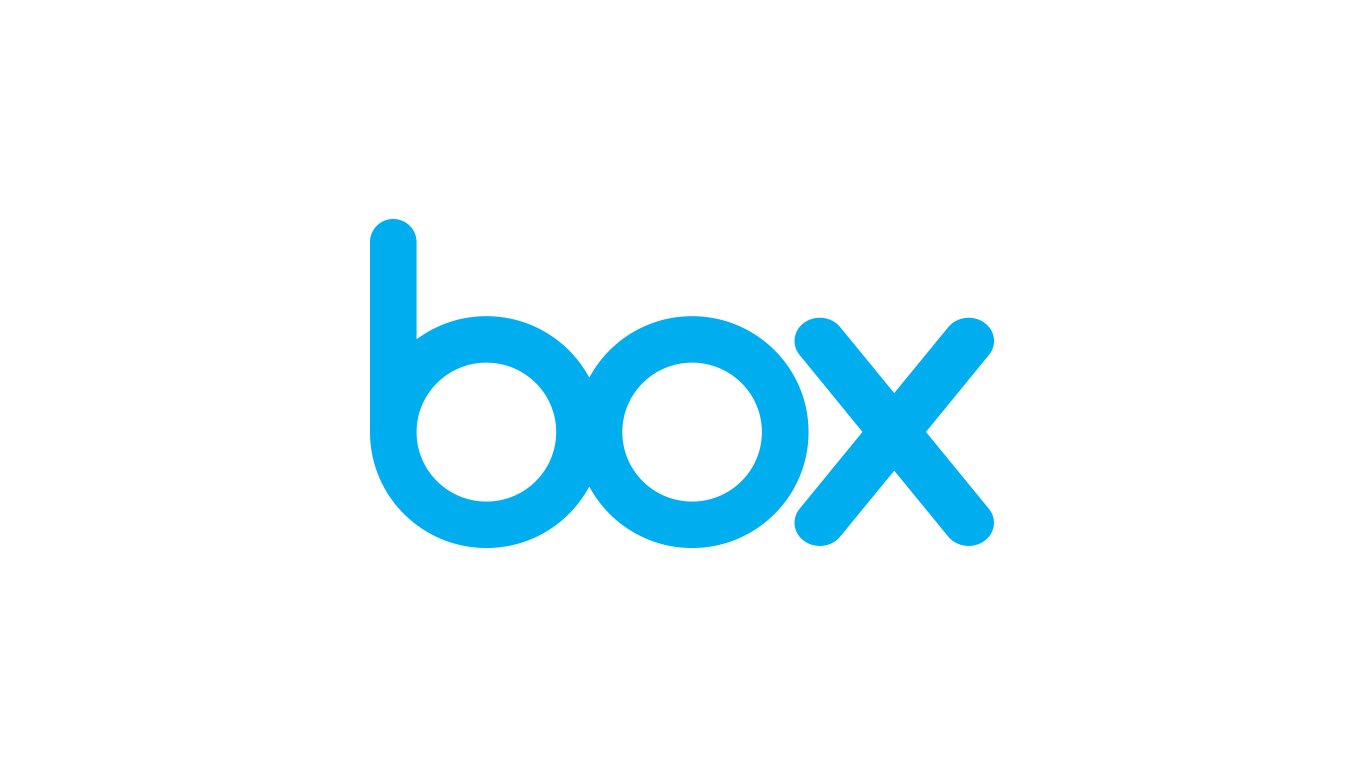

Box Inc. (NYSE: BOX) is a leader in the cloud content management platform business. While the market is large and will grow rapidly with cloud computing adoption, competition is fierce and that has tended to push down prices. That, in turn, has hurt the stock price of Box.
Have Box Shares Bottomed?
Box shares have taken a beating over the past year. They are down 30%, while the S&P 500 is higher by 20%. In the past month, the drop is even steeper.
Shares are off 10% while the S&P 500 has been flat. Since there has been no rebound momentum, the near-term direction will be determined by the next report of quarterly earnings.
What Happened Last Quarter?
On paper, the Box stock should be doing better. While the company lost money in the most recently reported quarter, revenue figures beat analyst expectations. Revenue rose 14% from the same period a year earlier to $177 million.
One drawback is that securities analysts and institutional investors don’t look at that as a growth company expansion. Per-share earnings for the quarter were a negative $0.28, the same as last year.
Box provided non-GAAP numbers, which are frowned on by some accountants. On that basis, the Box had a net loss of $2.2 million this past year and $8.4 million for 2018.
Aaron Levie, co-founder and CEO of Box, made a puzzling comment: “With these solid results and our delivery of key product and go-to-market initiatives, we are in a strong position to continue to improve our balance between growth and profitability.”
However, the losses were substantial.
Do Awards Help?
Part of the Box pitch to clients is that independent industry research gives its products high grades. Box recently got strong grades from highly regarded Gartner, Forrester and IDC.
Unfortunately, the point Box management makes is slightly misleading. Companies such as much larger Microsoft, IBM and Google also do well. Among the three studies in which Box scored most strongly, one is a year and a half old.
Competition Is Overwhelming
Cloud-based content management is among the most competitive sectors of software. While demand is high, the number of providers is extraordinarily large. The list of Box competitors has been set by one analyst at over 30.
Other than Microsoft, Google and IBM, this list also includes Amazon and Apple. It is hard to imagine how a much smaller company can compete.
Box Sells Inexpensive Products Online
One way that Box reaches customers is via inexpensive products sold online to small customers. Prices range from $5 to $25. This is done through traditional retail pricing.
Clients who pay for a year upfront get substantial discounts. At least that locks in clients and large upfront payments.
Core features for these retail clients include storage, number of users, access via both desktop and mobile, security reporting, and data loss protection. At a level above these tranches of service is an “enterprise” level service, which is priced on a custom basis.
Box promotes its products across a number of industries, including health care, financial services, construction, retail and life sciences. Each of these appears to have discrete product features.
Looking Back
While Box continues to grow, its losses have not gotten better. Revenue for its fiscal 2017 was $398 million. This rose to $506 million in 2018. In 2019, the number reached $608 million. The net loss for 2017 was $152 million, followed by $154 million in 2018 and $134 million last year.
At the end of the most recent fiscal year, Box had $214 million in cash on its balance sheet.
The poor bottom line and slowing revenue growth have hurt the company on Wall Street. JMP Securities analyst Erik Suppiger recently downgraded the stock from Market Outperform to Market Perform. His concern was over Box’s ability to improve margins.
Analysts, for the most part, view the shares as underpriced, but not by much. The Wall Street Journal’s consensus analyst price target is $17.89, slightly above the current short-term share price. The low estimate is $14 and the high estimate is $22. That high estimate remains below the 52-week high.
The current price is also a comedown from its IPO in 2015. The initial price was $14. At the end of the first day of trading, it was up to above $20.
Who Runs Box?
Levie, who is both board chair and chief executive, runs Box. Dan Levin, a former chief operating officer of Box, is also on the board. Board members are paid extremely well, with a range of $240,000 to nearly $500,000. Levie was paid extraordinarily well last year, with total compensation of $3.3 million.
Chief Financial Officer Dylan Smith also has done well, with compensation of $2.4 million last year and $3.5 million the year before. It seems a rich payday for a company that is losing money.
Vanguard is the largest holder of the company’s Class A shares, with a 9.9% cut. That is followed by Bares Capital at 6.6% of shares and BlackRock at 6.7%. Levie holds a 3.6% stake and Smith about 1.6%.
What Are the Risks?
Box has a long list of risks to its fortunes posted in its 10K. These include its history of losses and that it does not expect to be profitable soon. Competition is another risk. So is the possibility that the growth of cloud computing may not continue.
Some of the more standard risks are that Box has little control over the behavior of its government clients, as well as the importance of senior management, particularly the CEO, to Box’s future.
Among these risks is the growth of dissatisfaction among investors in tech companies that lose large sums of money. This is complicated by slower-growing revenue. As investors turn their backs on so-called unicorns, the atmosphere for Box will become difficult enough that investors increasingly may challenge its business model and expenditures that are so far above revenue.
As was recently the case with WeWork, suspicion has grown that Box will never make money. That, in and of itself, could further wreck the share price.
Sponsored: Find a Qualified Financial Advisor
Finding a qualified financial advisor doesn’t have to be hard. SmartAsset’s free tool matches you with up to 3 fiduciary financial advisors in your area in 5 minutes. Each advisor has been vetted by SmartAsset and is held to a fiduciary standard to act in your best interests. If you’re ready to be matched with local advisors that can help you achieve your financial goals, get started now.
Thank you for reading! Have some feedback for us?
Contact the 24/7 Wall St. editorial team.
 24/7 Wall St.
24/7 Wall St.


